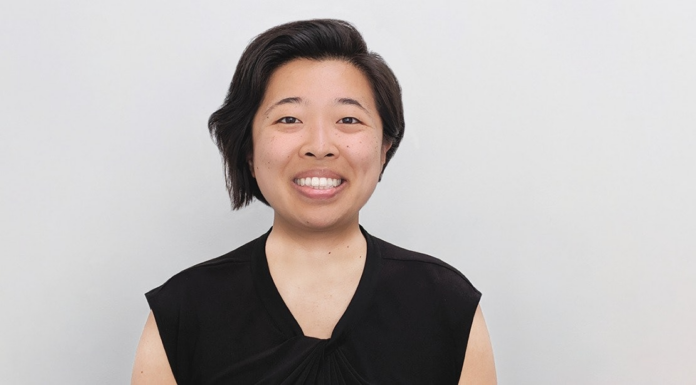In the fall of 2018, I was a student organizer for affirmative action and one of eight alumni who took the federal witness stand in the lawsuit Students for Fair Admissions (SFFA), Inc. v. President and Fellows of Harvard College. Students and alumni fought to voice the importance of race-conscious policies, campus diversity, and solidarity among communities of color. As one of many Asian American activists involved with this case, my testimony directly opposed SFFA’s claim to represent Asian American student interest in attacking affirmative action policies.
By mobilizing the model minority myth, which portrays Asian Americans as universally high-achieving students, SFFA created a cover for its anti-civil rights agenda. It convinced the public that this case was about ending discrimination against Asian Americans in college admissions by ending affirmative action for Black and Latinx students. In reality, SFFA did not bring forward a single prospective or current undergraduate student from Harvard, as a plaintiff in its case, let alone an Asian American student. SFFA relied solely on statistical analysis and non-student witnesses in its argument — a fact that was buried by inflammatory media coverage pitting Asian Americans against other communities of color.
Despite the media attention and racialized division that this case drew, the U.S. Supreme Court decision in June 2023 to ban race-conscious college admissions, and the fallout since then, have been sobering, including for Asian Americans who were swayed by SFFA. It is extremely revealing that in a case that was ostensibly about discrimination against Asian American students, the Supreme Court’s decision ultimately does not offer any guidance, relief, or support for Asian American students. Native Hawaiian and Pacific Islander (NHPI) students are barely addressed at all. In pursuit of its true goal of a race-blind world, SFFA has already moved on to attack race-conscious policies in contracting, employment, and private investment.
Beyond the media smokescreen, Asian American and NHPI students face a diverse range of challenges on the road to college access and success. This past summer, the Campaign for College Opportunity released a brief under their Affirming Equity, Ensuring Inclusion, Empowering Action initiative that sheds light on the college preparation, access and success trends for multiple groups within the U.S. Asian American and NHPI populations, among the fastest-growing in the nation. The brief notes the real dangers of aggregating over 26 distinct Asian American and NHPI ethnic groups together and allowing a model minority myth to perpetuate disparities, discouraging investment, policies and differentiated approaches that can help students earn their college degrees.
Staying committed to a “race-blind” agenda, is turning a blind eye to the fact that over 70% of NHPI adults in the U.S. have neither an associate’s or bachelor’s degree, essential credentials for today’s economy. The Southeast Asian community has some of the lowest educational attainment levels in the nation – only 15% of Cambodian, Laotian, and Burmese residents have a bachelor’s degree compared to 34% of Japanese, 33% of Taiwanese and 32% of Asian Indian communities, a fact that gets lost when aggregating Asian and NHPI subgroups together or into the catch all “under-represented minority” travesty of a category.
In a race-conscious world, leaders seek out the uncomfortable truth and, from there, design policies, practices and interventions that meet the unique needs of various student groups. For Asian American and NHPI students, disaggregating data on Asian American and NHPI subgroups is paramount. From there, universities and governments must expand investment in colleges and universities serving Asian American and NHPI students, create welcoming campus environments that ensure Asian American and NHPI students experience a sense of belonging, and increase the recruitment and retention of Asian American and NHPI administrators and faculty to ensure diverse leadership representation.
The U.S. Department of Education projects that the number of Asian American and NHPI students enrolling in college will grow by 12% in the next four years. As the first admitted classes start college this fall and we begin to understand the devastating impact of “race-blind” admissions, we must take action to address the growing needs of those being intentionally left behind. This injustice must end.
Sally Chen is the Deputy Director of Livable City. In 2018, Chen was a student organizer and expert witness for the defense in Students for Fair Admissions vs. President and Fellows of Harvard College

